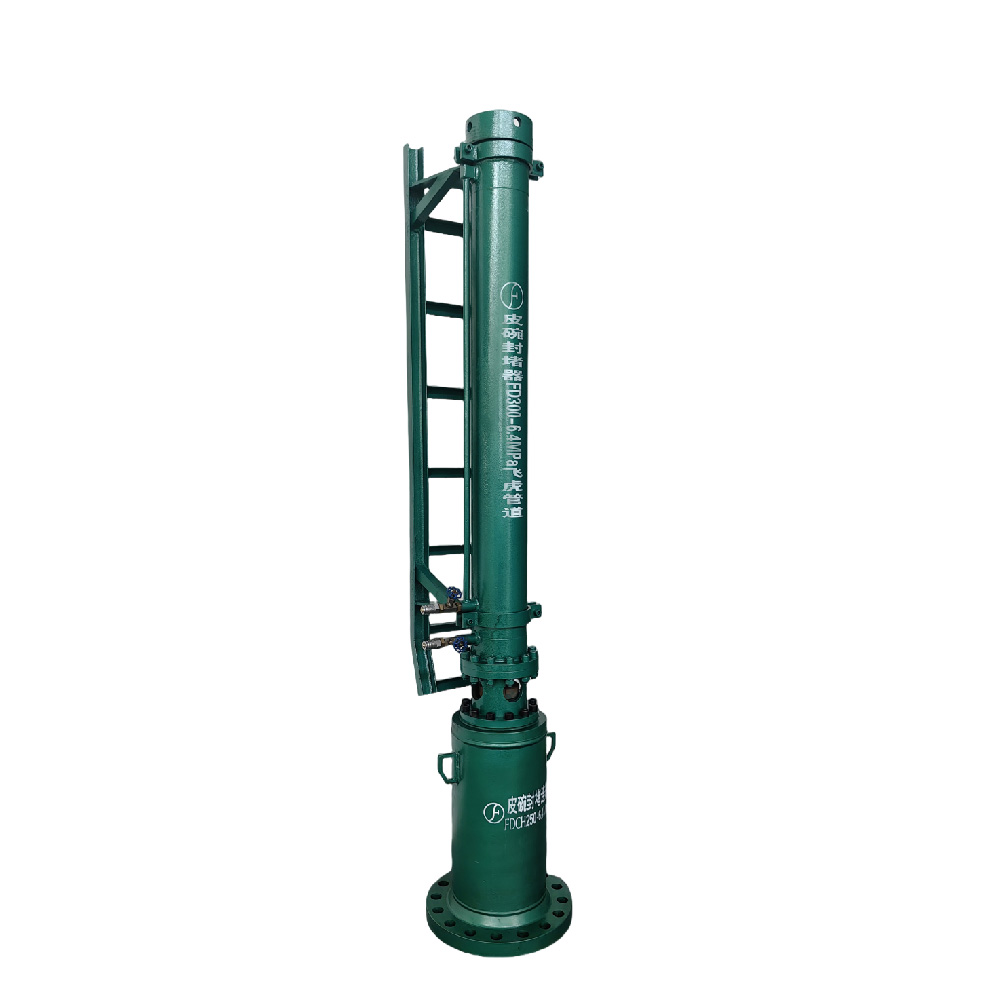Understanding the Role of a Closer in Sales
A closer in sales is the professional who ensures that all the hard work put into prospecting, nurturing, and presenting leads to a signed deal. Unlike general salespeople who may focus heavily on generating interest or providing product knowledge, a closer specializes in converting intent into action. They are the ones who seal the deal, bridging the gap between a prospect’s hesitation and their decision to commit. This role is especially crucial in industries involving high-ticket products or services, where hesitation and objections are common. A closer in sales is often the final step in the buyer’s journey, making them one of the most valuable assets in any business. Without effective closers, even the strongest marketing campaigns or warmest leads can fall short of generating revenue. In essence, they are the driving force that transforms conversations into tangible business growth.
The Core Traits of an Effective Sales Closer
The best closers possess a set of traits that go beyond charisma or charm. They are exceptional listeners who pay attention to subtle cues, allowing them to tailor their responses to each unique client. Strong communication skills help them clearly articulate value, while their confidence reassures prospects who may be uncertain. Another important trait is emotional intelligence — the ability to read emotions and respond with empathy. Closers in sales must also show persistence, knowing when to push forward and when to step back to avoid overwhelming a client. Adaptability plays a key role, as no two prospects are alike, and strategies that work in one situation may not succeed in another. Ultimately, these traits come together to form a professional who balances persuasion with trust-building.
The Psychology Behind Sales Closing
At the heart of closing lies an understanding of human psychology. Every decision a prospect makes is influenced by emotions, logic, and perceived risk. A closer in sales knows how to guide clients through this decision-making process by addressing fears and highlighting benefits. Timing is also critical; asking for commitment too early can push a client away, while waiting too long risks losing momentum. Closers master the art of creating urgency in a way that feels natural rather than forced. They leverage trust and credibility, making prospects feel that choosing the product or service is both safe and rewarding. By tapping into these psychological elements, closers can consistently move people from hesitation to action.
Proven Techniques Every Sales Closer Should Master
Effective closers rely on a toolbox of strategies to guide prospects toward a decision. Trial closes are one such tool, allowing professionals to test the waters before asking for final commitment. The assumptive close is another powerful method, where the closer proceeds as if the client has already agreed, naturally leading them toward saying yes. Option-based closing provides clients with choices, which subtly shifts their mindset from “should I buy?” to “which option should I buy?” For service industries, consultative closing builds trust by positioning the closer as an advisor rather than just a seller. Storytelling also plays a significant role, as real-world examples help prospects visualize the benefits. Each of these techniques can be adapted depending on the client’s personality, needs, and buying stage. The key is to use them authentically, making the process feel collaborative rather than transactional.
Overcoming Common Challenges Faced by Closers
Even the most skilled closer in sales encounters obstacles. One of the biggest challenges is dealing with indecisive prospects who hesitate despite showing interest. Pricing objections are another frequent hurdle, requiring closers to demonstrate value rather than lowering price points immediately. Competition can complicate matters, as prospects may be weighing multiple options, making differentiation essential. The danger of the “hard sell” also looms, as pushing too aggressively can harm trust and damage long-term relationships. Rejection is inevitable in sales, so closers must remain resilient and maintain a positive outlook. Motivation and consistency are crucial, as every rejection is also an opportunity to refine techniques. Facing these challenges with confidence helps closers sharpen their skills and deliver results despite difficulties.
How Closers Add Value to Businesses
The presence of a skilled closer goes beyond immediate sales. They play a critical role in shortening the sales cycle, reducing the time it takes to convert a lead into a paying client. Their ability to handle objections and guide prospects efficiently improves conversion rates and ultimately boosts revenue. Closers also enhance customer experience, as their focus on personalized interaction makes clients feel understood and valued. Over time, this strengthens long-term relationships and leads to repeat business and referrals. For organizations, a strong closer in sales represents not just revenue growth but also stability in client relationships. They provide measurable contributions to business performance that extend well beyond closing a single deal. By mastering their craft, closers drive growth that impacts every level of a company.
Modern Tools and Technology for Today’s Sales Closers
Technology has reshaped how closers operate in today’s business environment. Customer relationship management (CRM) platforms provide insights into buyer behavior, helping closers stay organized and focused. AI-powered lead scoring identifies which prospects are most likely to convert, allowing closers to prioritize efforts effectively. Virtual meeting tools have made remote sales closing more accessible, especially in global markets. Automation also assists by handling repetitive tasks like scheduling, freeing closers to focus on human interaction. However, while technology enhances efficiency, it cannot replace the personal connection a closer provides. The most effective professionals use these tools to support their skills rather than relying on them entirely. This blend of technology and human touch creates a competitive advantage for modern closers.
Training and Development for Aspiring Closers
No one becomes an expert closer overnight. Training is essential, and it often begins with mastering communication techniques through structured programs. Role-playing scenarios are particularly effective, allowing aspiring closers to practice responses in realistic situations. Mentorship also plays a critical role, as learning from seasoned professionals accelerates growth. Continuous education, such as attending workshops and obtaining certifications, keeps closers up to date with evolving techniques. Practical experience is equally important, as every client interaction builds confidence and sharpens instincts. Aspiring closers should also seek feedback, as constructive critique highlights areas of improvement. By investing in their growth, individuals can transition from salespeople into trusted closers who consistently deliver results.
Future of Sales Closing in a Digital Age
The sales landscape is rapidly evolving, and the future of closing reflects these shifts. Digital buying behaviors have increased, with more prospects researching independently before speaking to sales teams. This trend requires closers to be even more prepared with personalized insights and tailored solutions. Hybrid models, combining in-person and remote closing, are becoming the norm. Data-driven personalization is also growing, allowing closers to craft highly relevant pitches. AI tools will continue to play a role, but the emotional connection a human closer provides remains irreplaceable. The role of the closer in sales is not diminishing but evolving, demanding adaptability and a willingness to embrace change. Those who adapt will thrive in an increasingly digital and competitive environment.
Frequently Asked Questions (FAQ)
What makes a closer in sales different from an average salesperson?
A closer specializes in guiding prospects to make a final decision, while an average salesperson may focus more on generating interest or building awareness.
Can anyone become a successful closer, or is it a natural talent?
While natural charisma helps, closing skills can be learned through training, practice, and continuous development.
What are the most effective closing techniques for high-ticket sales?
Consultative closing, storytelling, and option-based strategies are particularly effective for high-value transactions.
How do closers handle prospects who need more time to decide?
They respect the timeline but maintain consistent communication, offering reassurance and addressing lingering concerns.
Is technology replacing closers in modern sales?
Technology enhances efficiency, but it cannot replace the trust, empathy, and human connection that closers provide.
Takeaway
A closer in sales is more than just someone who secures a signature; they are the link between potential and performance. With the right traits, techniques, and mindset, they transform hesitation into commitment and drive growth for businesses. The role requires a balance of psychology, strategy, and adaptability, supported by modern tools but defined by human connection. As the sales landscape evolves, the importance of skilled closers remains constant, proving that while tools may change, the need for persuasive, empathetic professionals never fades. For anyone in sales, developing the skills of a closer is not just an advantage — it is the pathway to long-term success.










